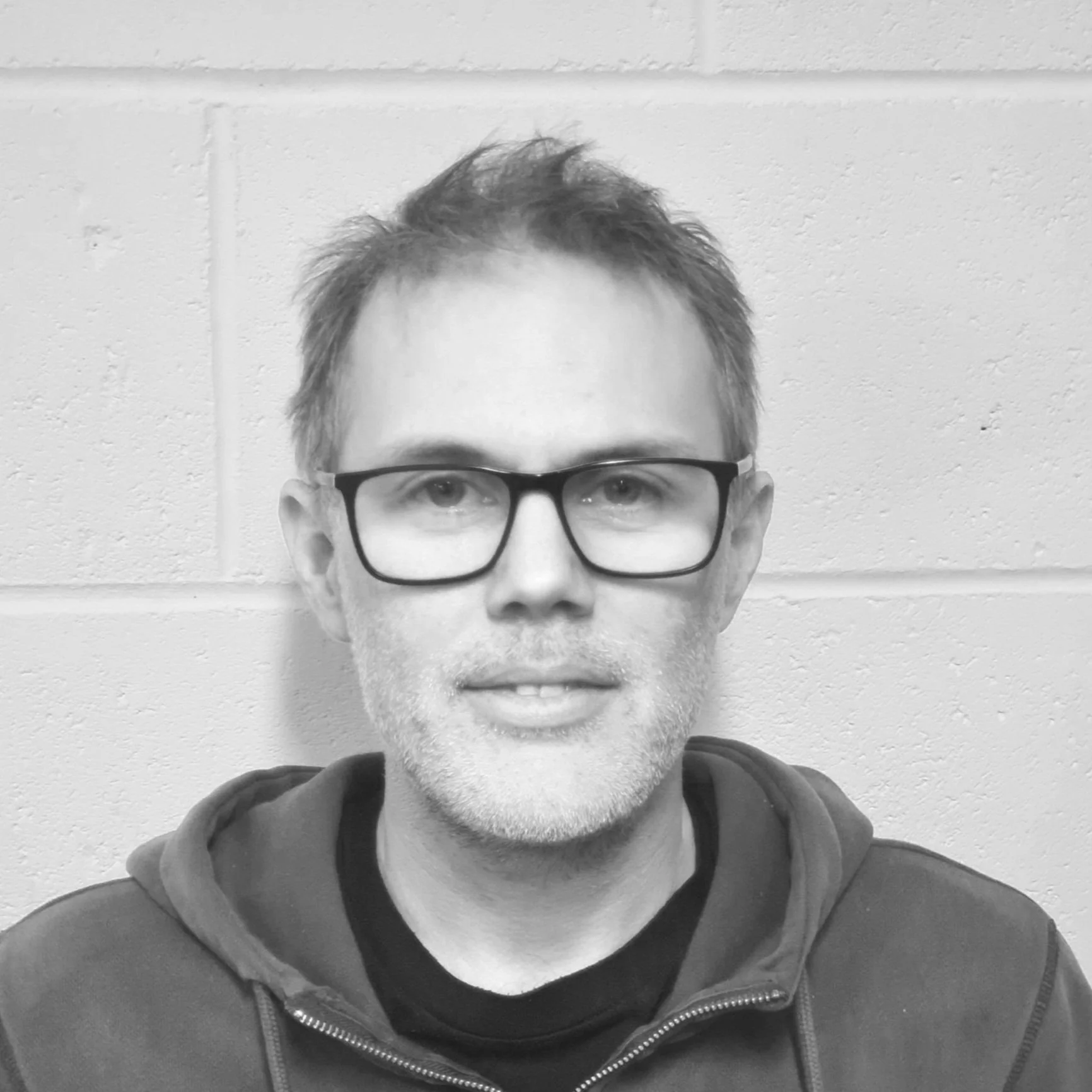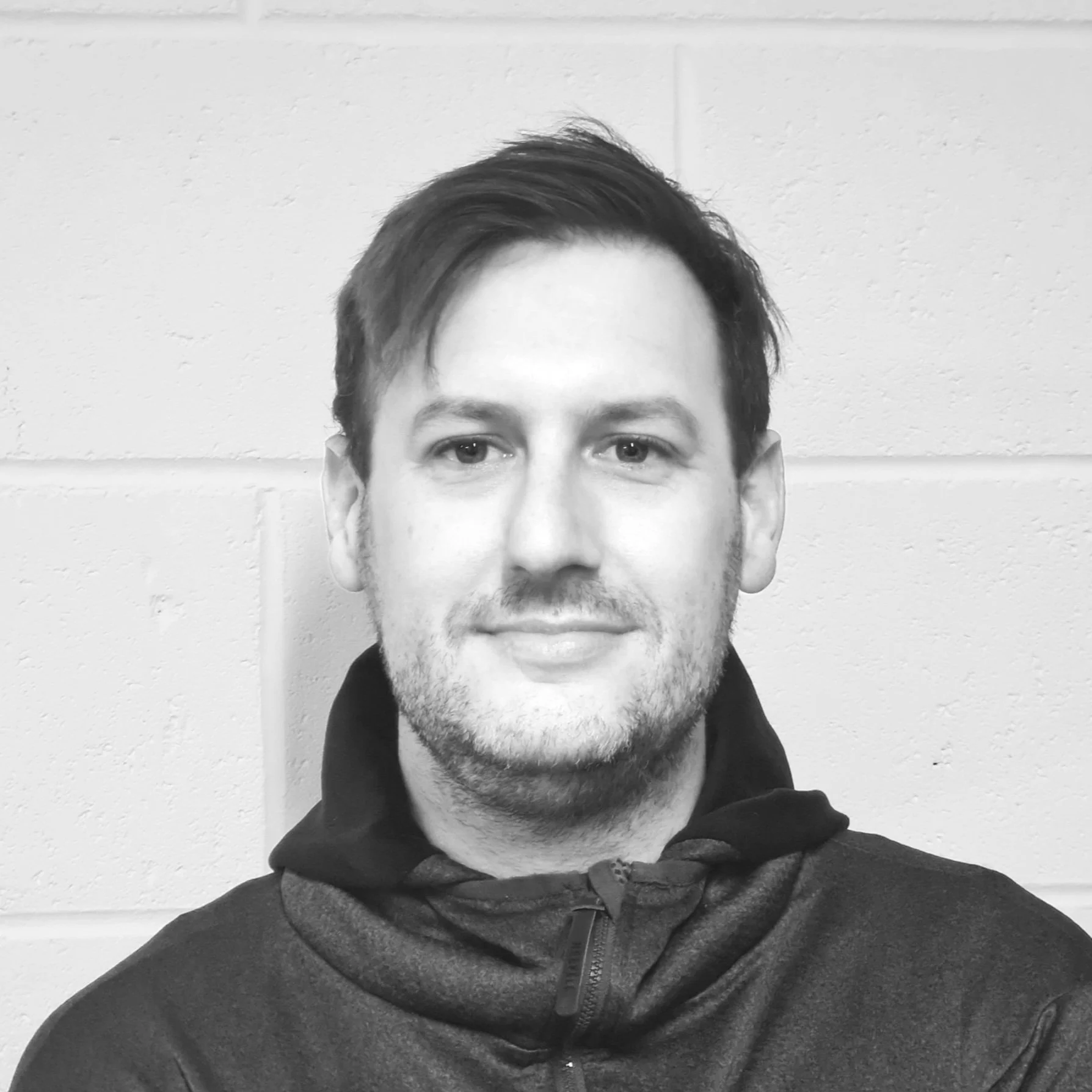
ABOUT US
‘We are passionate about 3d printing and its future in global and UK manufacturing’
76 Additive is a result of having previously created a product startup which went on a journey from using the traditional route of injection moulding for component manufacture to using the latest industrial 3D printing technology to produce end-use components. The change to 3D printing as a means to series production - additive manufacturing - was instrumental in the company’s growth; 3D printing advantages such as design freedom, speed-to-market and tooling free gave us a competitive advantage over competitors that produce in the far east.
As well as our own brand 76 Projects we now produce components for many UK cycling brands.
76 Additive is our in-house manufacturing service to startups and SMEs, developed directly through our own experiences, manufacturing and engineering expertise.
In 2016, after 17 years in design and manufacturing, having worked with and for many well known brands, we wanted to create our own brand so I formed 76 Projects. We both had young children and little in the way of savings so we funded our first product launches by offering our retail design services to clients. Running essentially 2 different companies, one B2B product based and one B2C services, had its challenges but it was necessary in order for us to afford the injection moulding tooling and the first batches of components.
Eventually we had boxes of mouldings and other components in our garages, ready to be assembled and sent out to our customers. We had no marketing budget so sales started slow and it soon became apparent that the other products we wanted to tool up for weren’t going to be funded by product sales anytime soon.
By this time we had a 3D printer which we had used to prototype designs, we thought ‘why can’t we use the printer to manufacture components’, no tooling and no MOQs means we could launch new products faster, test the market and make continuous improvements. However, we soon realised that a mid range FDM printer is not suitable in terms of production volume, part cost, or part quality. Next we turned to a service bureau which supplied us with SLS (Selective Laser Sintered) nylon components. The quality was a huge improvement but part costs was still high especially if we couldn’t wait 3 weeks for an economy service.
To begin with it was hard to shake off the learnt design rules of design for injection moulding but when we did, the freedom it gave greatly improved our products, giving us an advantage over competitors who manufacture in the far east. Sales consequently took off and at the same time we heard about a new 3D printing technology - Multi Jet Fusion (MJF) by Hewlett Packard - one that was developed specifically with series production of 3D printed components in mind. It took nearly 2 years of investigation, checking out all alternative technologies (I’ll talk about the smoke and mirrors of the 3D printing industry in another post), and gaining funding before finally in March 2021 a HP MJF 4210 was installed in our print lab.
Within a short space of time, many companies in the bike industry started asking if we could produce for them, one of the products we made for an industry partner was a key part of bikes of the gold medal winning British Olympic Triathlon team. Our industry partners got to realise and share the advantages of additive manufacturing, seeing this made us realise that many other startups and SMEs would benefit from a specialist series production orientated additive manufacturing service, formalising the offer as 76 Additive was the natural next step.
Our history - in detail
PAUL ROBERTSON
CO FOUNDER
ACCOUNT MANAGER
PRODUCTION
INDUSTRIAL DESIGNER
ROB JOHNSON
CO FOUNDER
ACCOUNT MANAGER
BACK OFFICE
INDUSTRIAL DESIGNER
SAM BIRCH
ADDITIVE MANUFACTURING TECHNICIAN
INDUSTRIAL DESIGNER



